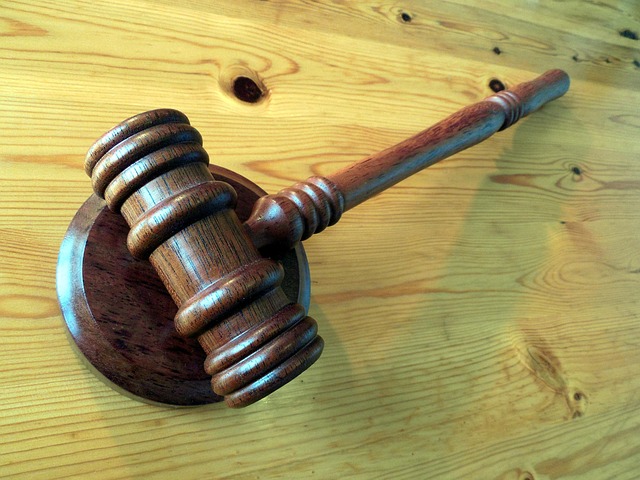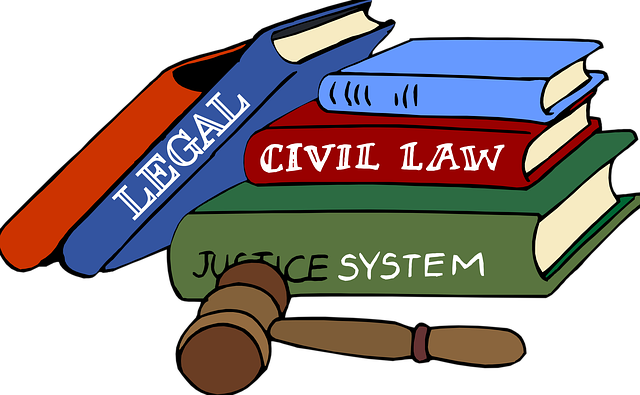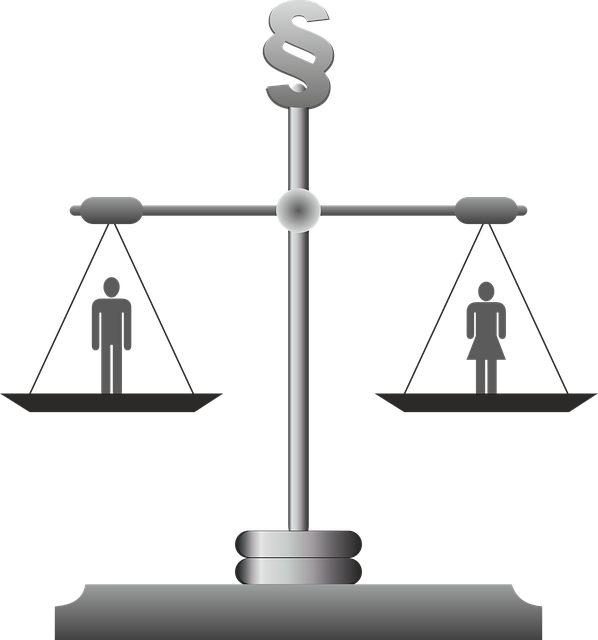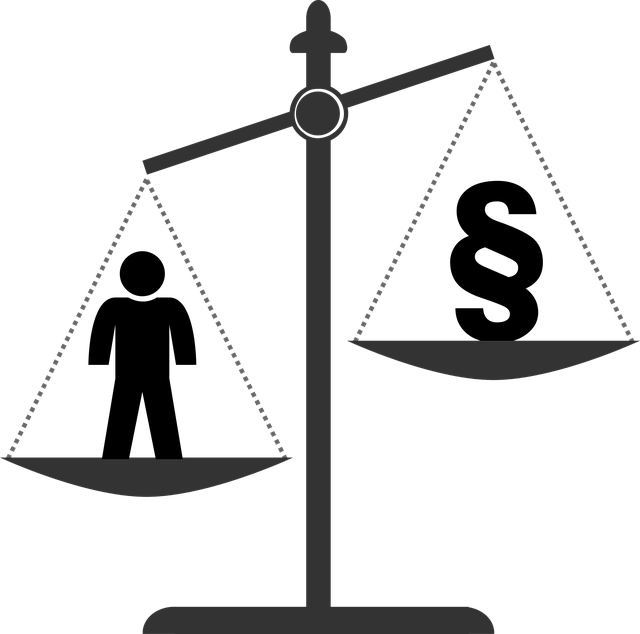Consumer protection laws empower individuals against unfair business practices, with plea bargaining agreements offering swift resolutions in disputes. Ethical considerations in these agreements balance justice and mercy, ensuring consumer rights are upheld while fostering ethical conduct. Effective strategies require transparency, preventing coercion, and prioritizing victim compensation to achieve fair outcomes, maintaining long-term consumer trust despite short-term costs for businesses.
Consumer protection suits play a vital role in ensuring fair business practices, safeguarding consumers’ rights, and promoting market integrity. This article delves into the intricate world of consumer legal protections and explores key components like understanding relevant laws and rights. Additionally, it examines plea bargaining’s impact on proceedings, highlighting ethical considerations in these agreements. We discuss the balance between fairness and efficiency, analyzing the effects on both consumers and businesses, ultimately providing insights into the pros and cons of such legal strategies.
- Understanding Consumer Protection Laws and Rights
- The Role of Plea Bargaining in Legal Proceedings
- Ethical Dilemmas: Fairness vs. Efficiency
- Impact on Consumers and Businesses: Pros and Cons
Understanding Consumer Protection Laws and Rights

Understanding Consumer Protection Laws and Rights is a cornerstone for ensuring fair and ethical business practices. These laws are designed to safeguard individuals from deceptive or harmful actions by companies, providing them with recourse when rights are violated. By comprehending their protections, consumers can actively assert their rights and hold businesses accountable. This involves knowing how to identify unfair practices, such as misleading advertising, hidden fees, or subpar product quality, and understanding the legal avenues for redress.
When navigating consumer protection suits, ethical considerations in Plea Bargaining Agreements play a significant role. A general criminal defense strategy that balances justice with mercy can lead to positive outcomes for both businesses and consumers. An unprecedented track record of successful negotiations and settlements demonstrates a commitment to resolving disputes fairly, ensuring that rights are upheld while promoting reconciliation. For his clients, this approach translates into protection and restitution, fostering an environment where ethical business conduct becomes the norm.
The Role of Plea Bargaining in Legal Proceedings

In consumer protection suits, plea bargaining plays a significant yet nuanced role. This legal strategy allows defendants to resolve charges by accepting specific penalties or conditions instead of facing a trial. While it can lead to quicker resolutions and potentially less severe consequences for the respective business, it also raises ethical considerations in plea bargaining agreements.
The process involves balancing the need for swift justice with ensuring that consumers across the country are adequately protected. At each stage of the investigative and enforcement process, prosecutors must weigh the strength of their case against the potential impact on the defendant’s ability to correct future misconduct. This delicate equilibrium is crucial to maintaining integrity in the legal system and upholding consumer rights.
Ethical Dilemmas: Fairness vs. Efficiency

Consumer protection suits often present intricate ethical dilemmas, particularly when navigating plea bargaining agreements. The central tension lies between fairness and efficiency—ensuring that businesses are held accountable for their actions while also striving for swift resolutions. On one hand, a robust system should promote justice by allowing consumers to seek redress and deterring companies from engaging in unethical practices. However, excessive focus on speed and cost-cutting measures might compromise fairness, leading to settlements that do not adequately compensate victims or hold wrongdoers accountable.
The ethical considerations in plea bargaining agreements demand a delicate balance. An unprecedented track record of successful consumer protection cases across the country highlights the importance of these negotiations. Yet, as businesses defend their respective interests, it becomes crucial to maintain transparency, prevent coercion, and safeguard the rights of consumers. This approach ensures that justice is not only served but also preserved in a manner that benefits society as a whole.
Impact on Consumers and Businesses: Pros and Cons

Consumer protection suits play a pivotal role in maintaining fairness and transparency in business practices. The impact on both consumers and businesses is multifaceted, offering both advantages and disadvantages. For consumers, these lawsuits ensure that companies adhere to legal standards and ethical considerations, protecting them from deceptive or harmful practices. This leads to increased trust and satisfaction, fostering a healthier market environment.
On the other hand, businesses face significant challenges, as these suits can result in substantial financial burdens and reputational damage. However, they also encourage companies to strengthen their internal controls and compliance measures, ultimately leading to better corporate governance. While plea bargaining agreements may offer some relief, ethical considerations remain paramount. Achieving extraordinary results, such as the complete dismissal of all charges, is a strategic goal for businesses, but it must be balanced against upholding moral standards, ensuring long-term sustainability and consumer trust across the country.
Consumer protection suits are a complex web of legal procedures, ethical considerations in plea bargaining agreements, and far-reaching implications for both consumers and businesses. As we’ve explored, understanding these dynamics is crucial for ensuring fairness and fostering trust within the marketplace. While plea bargaining can streamline legal processes, balancing efficiency with ethical dilemmas remains paramount to maintain the integrity of consumer rights. Ultimately, striking a delicate balance between swift resolution and equitable outcomes is essential for a robust and just consumer protection framework.






